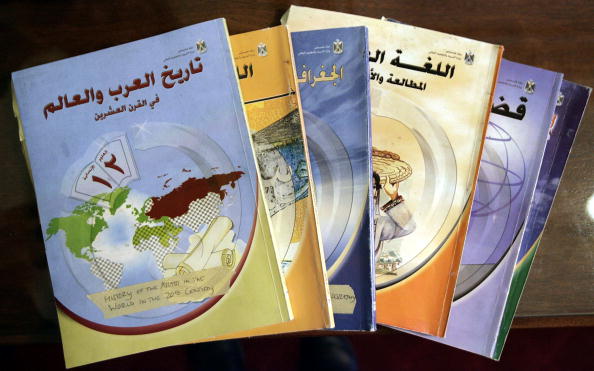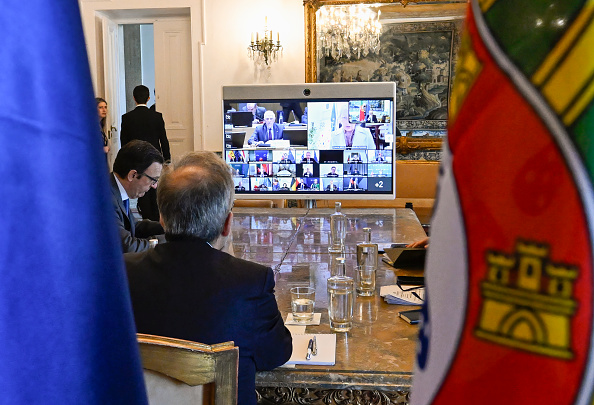Italy’s Parliament voted to let pro-life activists be present in clinics that offer consultations about abortions.
Using an April 16 amendment to its European Union post-covid recovery plan, the Government said “non-profit groups with qualified experience in supporting maternity” will be allowed into abortion counselling centres.
European Commissioner for Economic Affairs Veerle Nuyts insisted the pro-life activists and any State funding they may receive “have no connection” with the EU’s Recovery and Resilience Facility cash hand-outs. Italy is the biggest recipient of those funds and is due to receive a further €194.4 billion by 2026.
The issue has now become an EU-wide row, with other governments in the bloc having since come out to criticise the move.
Spain’s equality minister Ana Redondo said Italy was allowing “organised harassment against women who want to terminate their pregnancies” and was “undermining a right recognised by law”.
Italian Prime Minister Giorgia Meloni responded in an interview with Italy’s ANSA news agency, saying: “When you are ignorant on a topic you must at least have the good manners not to give lectures.”
Meloni has accused her opponents on the Left of “fake news”, saying it was they, not she, who wanted to change the country’s abortion legislation – called Law 194.
EXC: Brussels is looking at ways to fund abortions across the continent, according to a report from a behind-closed-doors meeting. https://t.co/ePoQ1w3BFK
— Brussels Signal (@brusselssignal) April 12, 2024
Social policy is an area where Meloni has sought to attract voters from the hard Right, who might otherwise support Matteo Savlni’s Lega party.
Half of Lega’s deputies, including group leader Riccardo Molinari, abstained from the vote on an amendment from the centre-left opposition Democratic Party, which reiterated women’s right to access abortions in publicly-run clinics.
With Meloni’s Fratelli d’Italia party holding a hard-right position on abortion, her coalition partners appear to be offering more nuanced view.
Forza Italia’s leader and Deputy Prime Minister Antonio Tajani has issued several calibrated statements on the matter, such as: “There is a law in Italy that certainly cannot be changed” and “there is no intention to do so”.
Adding another level of complexity to Italy’s abortion debate, the country’s largest pro-life association Pro Vita e Famiglia has said it has no intention of having its members present in clinics — but it also attacked the Lega members who had abstained in the “shameful” vote.
Pro Vita said it would organise a national demonstration against abortion to be held in Rome on June 22.
In the wake of the April 16 vote, Italy’s evening Porta a Porta TV news programme on Rai 1 offered a panel of “seven men debating abortion” — as Italian doctor Nino Cartabellotta quipped.
While abortion has been legal in Italy since 1978, about 70 per cent of gynaecologists refuse to perform them, as is their right, according to a CNN report. In addition, 37 per cent of public hospitals ban them altogether. In some regions, such as Sicily and Abruzzo, closer to 90 per cent of doctors refuse to carry out terminations.
Some members of Italy’s Parliament have argued that a legal right to abortion is meaningless without enough doctors to perform them.
With June’s European Parliament elections approaching, abortion is increasingly part of the European debate also.
The EP adopted a resolution on April 11 that included a call for the right to abortion in the EU’s Charter of Fundamental Rights, although doing so would require unanimous approval from the 27 Member States, noted Martina Rubino, an Italian women’s rights campaigner in Brussels.
Poland violated the rights of a pregnant woman by interfering in her ability to get an abortion, the European Court of Human Rights has ruled. https://t.co/QdWPMwMGX1
— Brussels Signal (@brusselssignal) December 15, 2023





